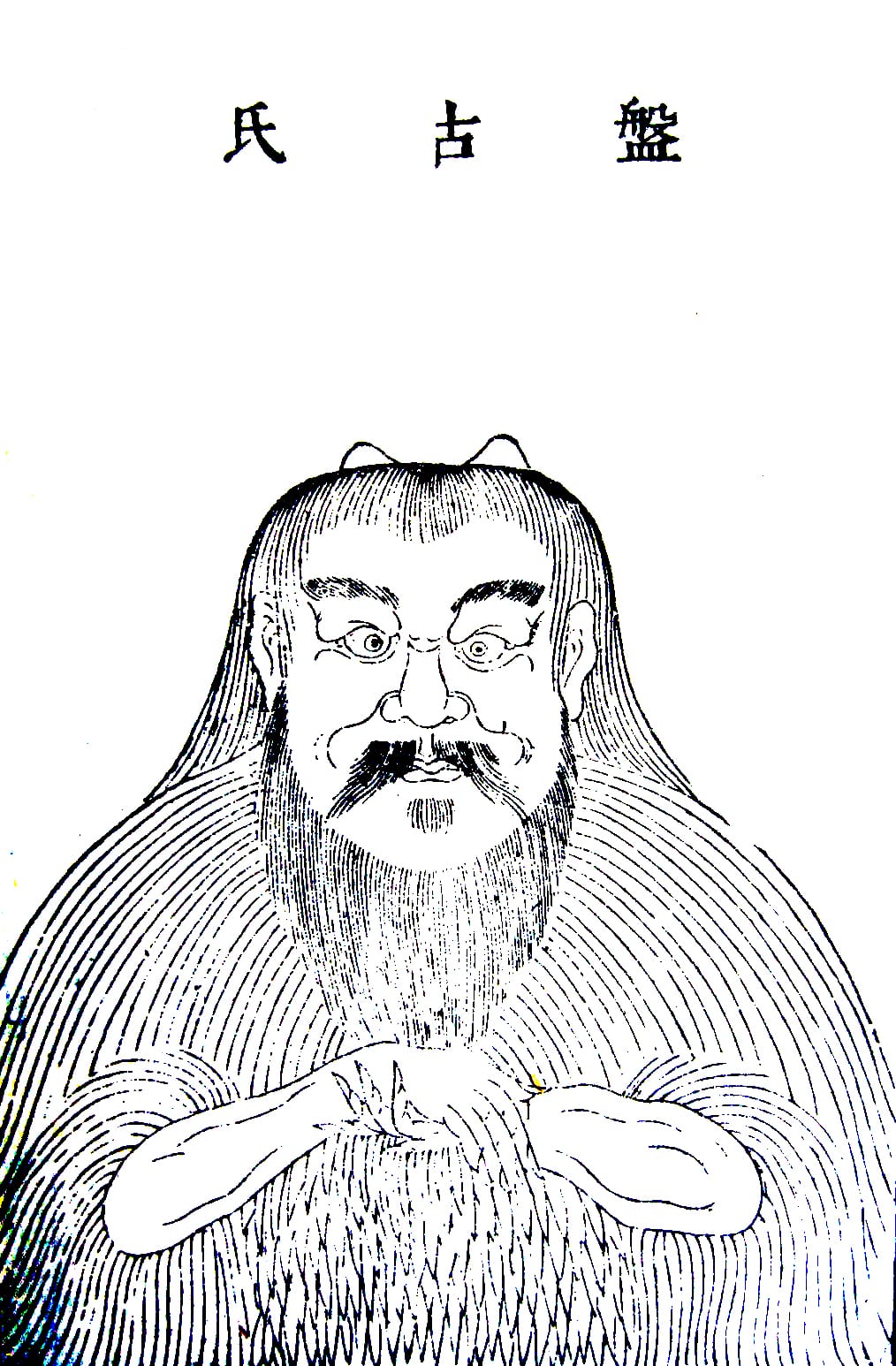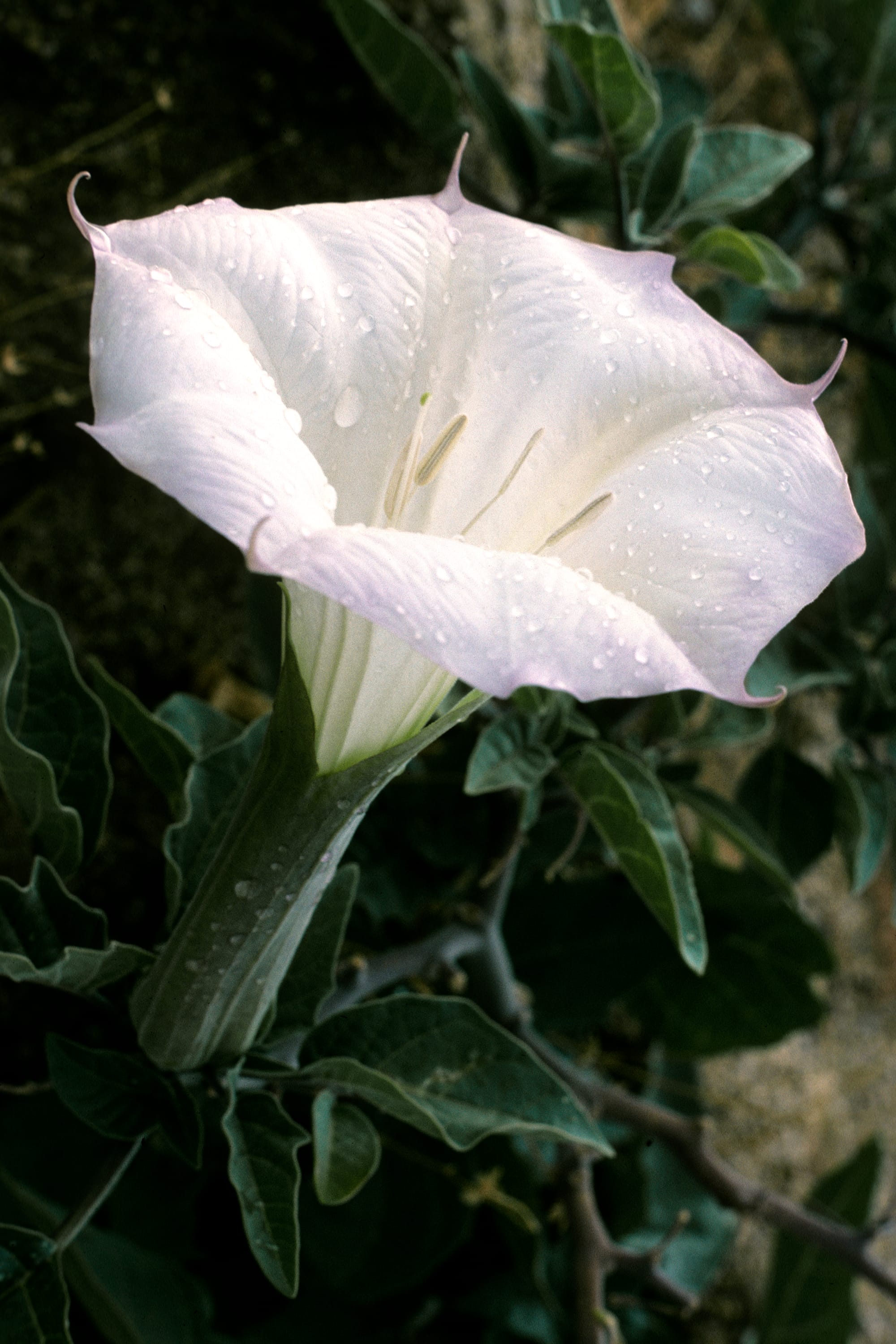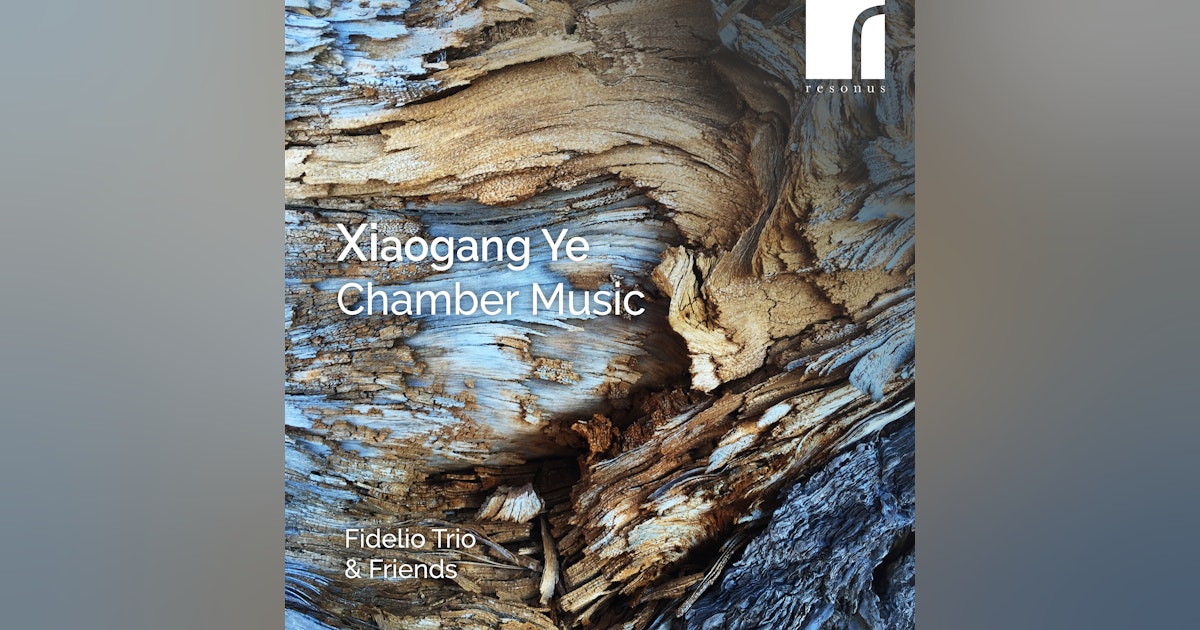The return of Xiaogang Ye

Xiaogang Ye is no strange to Classical Explorer: nice to see a whole disc of his chamber music on the Resonus label.
This music here, spans over three decades of Ye’s chamber works from 1989 to 2023. The album features a variety of ensembles and instruments, including the evocative traditional Chinese instrument, the Pipa, in Gardenia.
His Piano Trio was written in 2008 for the present performers, the Fidelio Trio (Darragh Morgan, violin, Tim Gill, cello, Mary Dullea, piano) . Creation myths inform the music, from Haydn's Die Schöpfung to the Chinese myth of Pangu (who cleaved the chaos with an axe to make Heaven and Earth).

The music is gloriously colourful. A key listening strategy here to pay attention to groupings: often it is piano against strings (so, the two doing separate this simultaneously). This truly is a melding of Ancient and Modern. The performance is extraordinary: a difficult score performed with supreme confidence and all the electricity of a live performance, caught in a stunning recording by Adam Binks (Menuhin Hall):
The piece for Pipa and string quartet, Gardenia (Op. 9). Written in 2017, it is one of Xiaogang Ye's “subtropical plants” series - thee are others of that series on this disc, too. The Pipa seems to work extraordinarily well with quartet: Jiang Yang is the player, joined by Darragh Morgan and David Alberman, violins; Carmen Flores, viola; and Tim Gill, cello:
Another piece in the same series, Enchanted Bamboo was premiered in Toronto in 1989 (making it the oldest work on the disc). It won Ye a composition prize at Eastman. Scored for Piano Quintet, it combines pining expressivity with Ye's characteristic octave statements midst dissonant complexities:
Datura next: a response to a poisonous flower (pictured below, Wikipedia here):

Composed in 1007 as Ye's Op. 57, Datura was a piece that was actually composed in instalments; and ye it sounds like a perfectly crafted piece. The combination of flute, violin, cello nd piano works well, Anthony Robb's flute miraculously agile:
Nine Run (without opus number) is for cello and piano (Tim Gill and Mary Dullea). The Chinese melodies on high cello work beautifully. The use of pentatonicism is life; sometime as Ye contrasts the cello's pentatonicism with a more dissonant plane in the piano:
Finally, Nine Horses, Op. 19, its instrumental damage inspired by Peking opera. This is the largest ensemble piece (ten players), and has an exuberance the makes it the perfect closing number:
A brilliant survey of Xiaogang Ye's chamber music by a set of highly talented players.
This disc is available on Amazon here. Streaming below.


